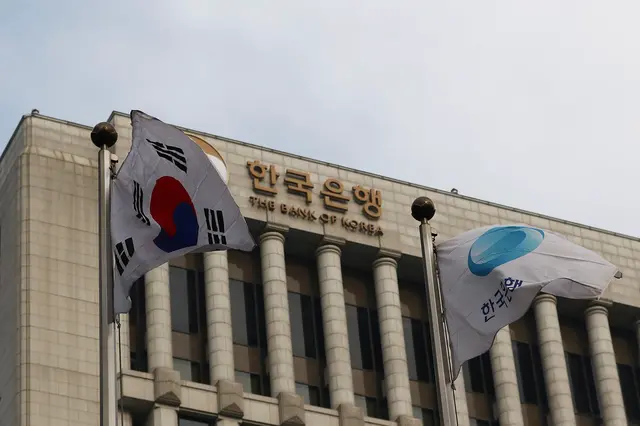At a recent session of Vietnam's National Assembly (NA) Standing Committee, NA Chairman Nguyen Sinh Hung said that a suspect should have a right to remain silent until his lawyer is present. The NA Chairman's idea has triggered lively debates over the country on the issue.
However, this content has not been brought into the amended Criminal Procedure Code as it is feared to "conflict" with action of investigation agencies, explained Truong Hoa Binh, Chief Judge of the Supreme People's Court of Vietnam, local VNExpress online newspaper reported on Saturday.
Meanwhile, there are a variety of ideas which support that the suspects, detainees can keep silent to wait for their lawyers so that human rights can be better ensured, according to Du Thao Online (Online Law Draft), an online website of Vietnamese NA.
According to the current regulation of Vietnamese law, there has been no regulation on whether a suspect or detainee has a right to silence to wait for his lawyer.
The right to silence when arrested has been implemented in many countries worldwide for ages with a purpose to ensure human rights and respect law, said Tran Dinh Trien, a lawyer under lawyer association of capital Hanoi on Du Thao Online on Sunday.
Vietnamese law regulates that after certain days keeping detainees, proceeding agency must issue license for lawyer if the detainee or his family has aspirations. Since then, lawyer will participate in interrogation sessions to ensure transparency.
In reality, lawyers are rarely provided with issued licenses on time and face difficulties during proceeding process, said Trien.
"The right to silence is the right of a suspect or detainee not to declare without the presence of his lawyer to avoid self- incriminating or cause damage for himself," said Tran Van Do, Deputy Chief Justice of the Supreme People's Court of Vietnam.
However, Nguyen Ngoc Anh from the Legal Department under Vietnam's Ministry of Public Security held a different view when saying that the rights to silence does not go along with the cultural reality of Vietnam.
Most suspects in Vietnam declare they are innocent when being arrested instead of keeping silent, said Anh.
Some other ideas showed that with some organized or dangerous criminals, quickly taking testimony will facilitate the investigation, and avoid danger for the whole society, reported Du Thao Online.
However, according to Trien, responsibility of proving a criminal belongs to proceeding agency. In order to investigate a case, investigating agency must use many measures but not rely on the declaration of the suspect. Thus it cannot be said that the silence of a suspect will affect the investigation of a case.
The interest of applying right to silence is boosting democracy, human rights and restrict mistakes in any case, affirmed Trien.
Echoing Trien, Nguyen Minh Canh, a judge in criminal court in southern Ho Chi Minh City People's Court said on VNExpress that the fact that suspects, detainees are allowed to remain silent until meeting their lawyers is a good regulation that ensures rights and interests of suspects as well as useful for the work of investigation, prosecution and adjudication. Especially, the role of lawyer will be increased during the proceedings, said Canh.
The issue drew great attention from local netizens. During the week, hundreds of comments were made on forums and online newspapers, showing readers' opinion over the issue.
Most of the comments posted on Tuoi Tre (Youth) online newspaper applauded the idea of NA Chairman Nguyen Sinh Hung.
A reader namely "Le Thi Minh Trang" commented on Tuoi Tre ( Youth) online newspaper on Wednesday that the right to silence is applied in many countries. The participation of lawyer during proceeding is ensured to help improve democracy and equality of a case.
Sharing the same view with Trang, another reader named "Tai Lanh" wrote on Tuoi Tre that the right to silence is a progress of society, which should go together with the usage of voice and video recording equipment in interrogation room.
Managing to do so, Vietnam can be able to reduce the number of cases with extorting, using torture, or being wrongfully convicted, said Tai Lanh, adding that he hopes the country's law-makers will soon bring this issue into the law.
 简体中文
简体中文



